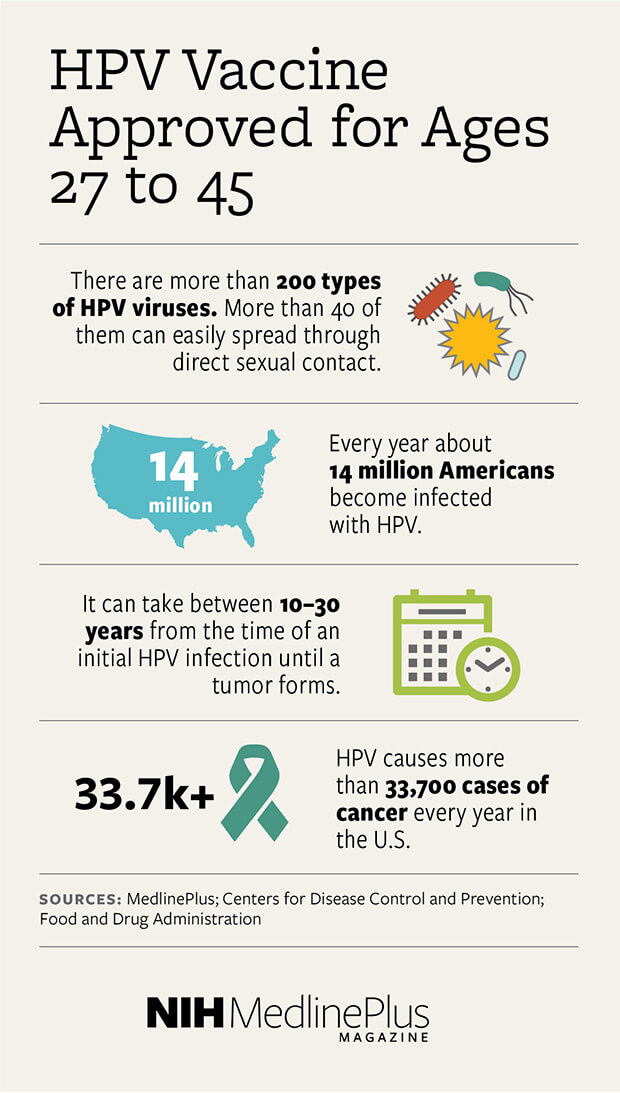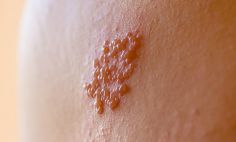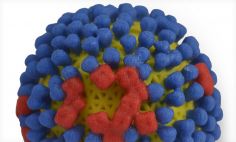January is Cervical Health Awareness month, and there is good news on the protection front for one cause of cervical cancer: the human papillomavirus, or HPV.
Last fall the Food and Drug Administration approved the Gardasil 9 vaccine for men and women ages 27 to 45. Gardasil is also known as the HPV 9-valent vaccine, recombinant. It protects against nine types of HPV.
Both men and women can get HPV and pass it on without knowing it. Additionally, there is low-risk HPV and high-risk HPV. Low-risk HPV can cause genital warts. High-risk HPV can cause cancers of the cervix, vagina, penis, anus, and back of the throat.
HPV vaccination can prevent more than 90 percent of cervical cancers from ever developing by preventing the infections that cause those cancers.







